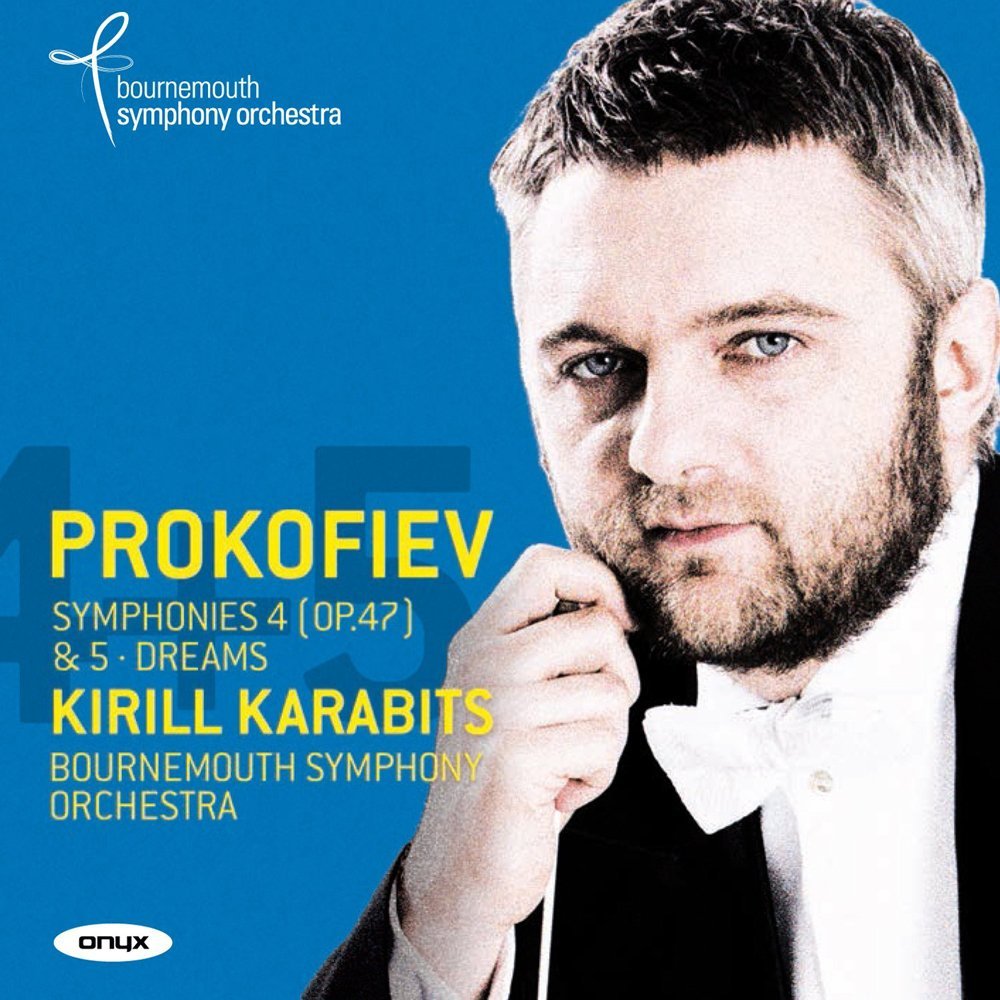Andris Nelsons and the Boston Symphony Orchestra have made the Shostakovich Tenth their calling card. Their recent recording of the work on Deutsche Grammophon has received universal acclaim, and now they're making their first European tour together, performing the symphony in London, Salzburg, Lucerne and Paris. It’s a great choice, a work that plays to all their strengths, conductor and orchestra alike. But this varied programme also demonstrated other facets of this versatile and increasingly distinctive partnership.
So here he was in town with his top American team, the already great conductor whose premature departure from Birmingham has left the players in mourning, unable to choose a successor yet, and whose insistence that it was too early to take up the coveted post of the Berlin Phil’s Principal Conductor blocked what should have been an obvious choice.

Two percussionists, two pianists, Adams, Reich and Bartók: Colin Currie and friends’ bracing morning recital at the Edinburgh International Festival made quite a pleasing change from the more traditional string quartets and vocal recitals elsewhere in the Queen’s Hall chamber programme. And it attracted quite a different audience, too – including many clearly there for the broader Edinburgh festival, unsure of what exactly they’d let themselves in for.

It's fitting that for its 50th anniversary the Edinburgh Festival Chorus should perform Berlioz’s gigantic Grande Messe des Morts. There is nothing in the large-scale orchestral repertoire in which the chorus plays so huge and significant a role – it sings throughout and the only soloist that Berlioz admits is a solitary tenor whose appearance in the "Sanctus" is almost apologetic.

It’s been glorious to hear so much Bach at this year’s Proms – most of it after dark, and still more of it for the most intimate of forces. On paper, the Academy of Ancient Music and BBC Singers’ Late Night concert of Bach choral works didn’t quite have the mystique of Ibragimova’s Solo Sonatas and Partitas, Schiff’s Goldbergs or Ma’s Cello Suites. In practice, though, it was clever piece of programming that came into its own in its Friday night slot, sending people home to the weekend on the very highest of musical highs.

 Prokofiev: Symphonies 4 (Op.47) & 5, Dreams Bournemouth Symphony Orchestra/Kiril Karabits (Onyx)
Prokofiev: Symphonies 4 (Op.47) & 5, Dreams Bournemouth Symphony Orchestra/Kiril Karabits (Onyx)

When the Royal Opera House told Kenneth MacMillan that Mahler was unsuitable for ballet, he went – where else? – to Germany. Though the success of MacMillan's Lied von der Erde for Stuttgart Ballet led to its happy adoption into Royal Ballet repertoire, making ballet to Mahler still seems to draw German companies more than others – whether because the orchestras, audiences, or state subsidies are better, who knows?
Praise be to Carl Nielsen. Praise always, of course, to one of the greatest symphonists, and happy 150th birthday (again), but gratitude on this occasion is due to a programme mostly lining up Nielsen works rare and familiar, for getting me to the Albert Hall to witness a surely unsurpassable performance of the Brahms Violin Concerto.

Drawing an audience of five and a half thousand in to listen intently is harder than pushing out into the vasts of the Albert Hall. Yet it’s what seems to work best in this unpredictable space, and last night masterful veterans Elisabeth Leonskaja and Charles Dutoit knew exactly what to do. The results were romantic introspection in Mozart - an unfashionable but valid alternative to authentic sprightliness - and a Shostakovich Fifteenth Symphony that was more skull than skin, but a compellingly decorated skull for all that.

It was the first major casualty of the 2015 Edinburgh International Festival. Global superstar pianist Lang Lang was stuck overseas, forbidden from flying by his doctor because of an ear infection, and therefore unable to perform Bartók’s Second Piano Concerto with the Philharmonia Orchestra as planned (it had been an enticing prospect). But fear not, Lang Lang lovers – word is that he’ll be recovered in time for his solo recital of Bach, Chopin and Tchaikovsky on Friday 21 August.

